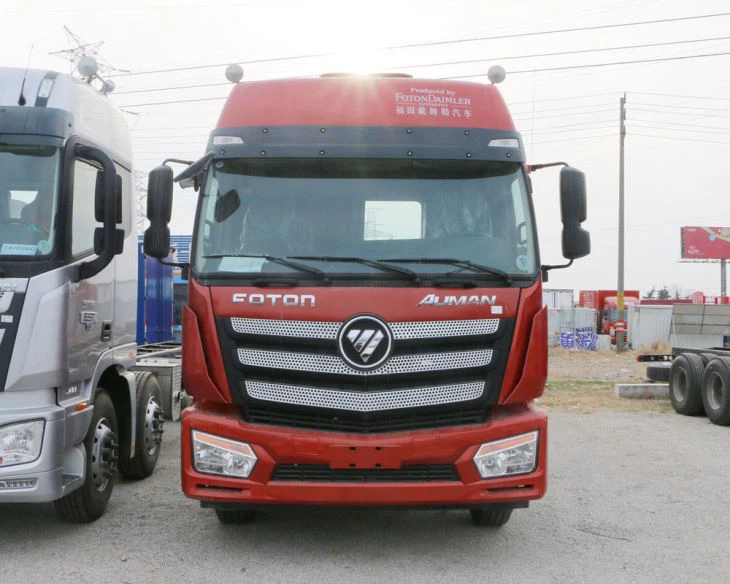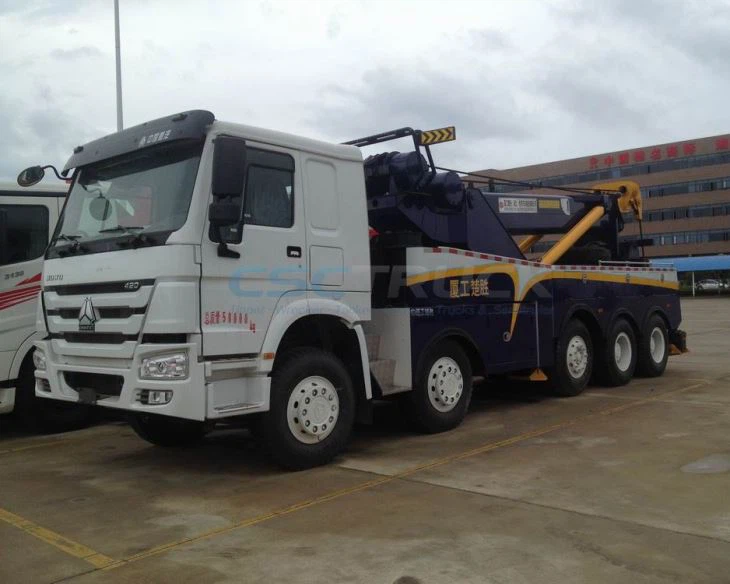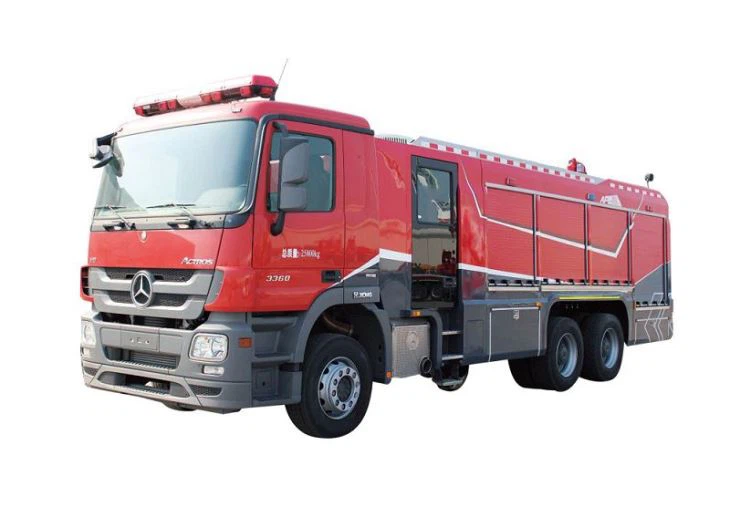When it comes to choosing a vehicle that combines powerful performance with impressive fuel efficiency, small diesel trucks emerge as a top choice for both personal and commercial use. These trucks are compact yet robust, offering an excellent balance of torque, towing capacity, and practicality. In this comprehensive guide, we will explore everything you need to know about small diesel trucks, including their benefits, key features, top models, maintenance tips, and much more.
1. Understanding Small Diesel Trucks
Small diesel trucks are designed to offer enhanced power and efficiency compared to their gasoline counterparts. These vehicles are typically equipped with diesel engines that provide superior torque and better fuel economy, making them ideal for various applications—from daily commuting to heavy towing tasks.
1.1 What Is a Small Diesel Truck?
A small diesel truck usually refers to pickups with a gross vehicle weight rating (GVWR) of under 8,500 pounds. They are designed for versatility, serving both light-duty and moderate-duty purposes while retaining a compact footprint.
1.2 Key Components of Diesel Trucks
| Component | Description |
|---|---|
| Engine | Diesel engines provide greater torque compared to gasoline engines, making them suitable for towing and hauling. |
| Transmission | Many small diesel trucks feature automatic or manual transmissions for improved driving control. |
| Towing Capacity | Small diesel trucks often offer higher towing capacities, beneficial for hauling trailers and heavy loads. |
| Fuel Efficiency | Diesel engines are known for better fuel economy, enabling longer distances with less fuel consumption. |
2. Benefits of Small Diesel Trucks
2.1 Fuel Efficiency
One of the standout features of small diesel trucks is their exceptional fuel efficiency. Diesel engines are designed to extract more energy from fuel compared to gasoline engines. This results in lower fuel costs and less frequent fill-ups, making them a cost-effective choice over time.
2.2 Durability and Longevity

Diesel engines are built to withstand higher pressure and are generally made from more robust materials than gasoline engines. This results in longer engine life and lower maintenance costs in the long run.
2.3 Torque and Towing Power
Small diesel trucks excel in generating high torque at low RPMs. This makes them ideal for towing trailers or hauling heavy loads, whether for work or leisure activities.
2.4 Eco-Friendliness
Although diesel engines have faced criticism regarding emissions, advancements in technology have led to cleaner diesel options. Many small diesel trucks are equipped with emission control systems, making them more environmentally friendly.
3. Popular Models of Small Diesel Trucks
The market for small diesel trucks has seen significant growth, with several manufacturers offering a variety of models. Here are some of the most popular small diesel trucks currently available:
3.1 Ford Ranger
Overview
The Ford Ranger is a mid-size pickup that combines style and rugged performance. It offers a diesel engine option that enhances fuel efficiency.
Key Features
- 2.3L EcoBoost® engine available with diesel option
- Advanced towing capabilities
- Off-road driving modes for various terrains
3.2 Chevrolet Colorado
Overview
The Chevrolet Colorado is known for its balanced performance and comfort. The available 2.8L Duramax® diesel engine makes it a strong contender.
Key Features
- Best-in-class towing capacity
- Fuel economy of up to 30 mpg on the highway
- Comfortable interior with advanced tech features
3.3 GMC Canyon
Overview
Similar to the Colorado, the GMC Canyon offers advanced features and powerful performance with a diesel engine option.
Key Features
- Sophisticated interior design
- High towing capacity up to 7,700 lbs
- All-terrain capabilities with off-road packages
4. Buying Guide for Small Diesel Trucks
4.1 New vs. Used
When considering the purchase of a small diesel truck, you have the option to buy new or used. Each has its advantages:
- New Trucks: Come with warranties, the latest technology, and greater reliability.
- Used Trucks: Typically more affordable, but require careful inspection to ensure they are in good condition.
4.2 Budgeting for a Diesel Truck
Establish a budget that outlines not only the purchase price but also additional costs such as insurance, maintenance, and fuel. Diesel trucks might have a higher upfront cost, but their durability and fuel efficiency can lead to savings over time.
4.3 Consider Your Needs
Think about how you will primarily use the truck. Do you need it for heavy towing, off-roading, or daily commuting? This will influence which model and configuration (e.g., cab type, bed length) is best for you.
4.4 Conducting Research and Test Driving
Research various models, read reviews, and visit dealerships. Always take the truck for a test drive to assess its performance and comfort.
5. Maintenance Tips for Small Diesel Trucks
5.1 Regular Oil Changes
Diesel engines require frequent oil changes to maintain performance and longevity. Follow the manufacturer’s guidelines for oil change intervals, typically every 5,000 to 10,000 miles.
5.2 Fuel Quality
Use high-quality diesel fuel to prevent injector clogging and maintain engine efficiency. Always check for the required fuel grade in your owner’s manual.

5.3 Filter Maintenance
Regularly replace fuel and air filters. A clean filter promotes better fuel efficiency and improved engine performance.
5.4 Coolant and Fluid Levels
Monitor coolant and other fluid levels regularly. Proper cooling system maintenance is essential to prevent overheating and engine damage.

6. Common Myths About Small Diesel Trucks
6.1 Diesel Engines Are Slow
Many believe that diesel engines lack speed. In reality, small diesel trucks often accelerate quickly due to their high torque capabilities.
6.2 Diesel Trucks Are Too Noisy
Modern diesel engines have become significantly quieter due to advanced technology and better insulation. They are much less noisy compared to older models.
6.3 Diesel Fuel Is Too Expensive
While diesel fuel prices can vary, the improved fuel economy of diesel engines often offsets the initial higher fuel costs, especially when towing heavy loads.
7. The Future of Small Diesel Trucks
With the rise of electrification and hybrid technologies, the future of small diesel trucks is evolving. However, the demand for diesel engines remains strong due to their proven performance and efficiency. Manufacturers are likely to continue developing more eco-friendly diesel options to meet regulatory standards and consumer preferences.
FAQ Section
FAQ 1: Are small diesel trucks suitable for everyday use?
Yes, many small diesel trucks are designed for everyday use, offering a comfortable ride while also providing capabilities for towing and hauling when needed.
FAQ 2: How much can a small diesel truck tow?
The towing capacity of small diesel trucks varies by model but can generally range from 5,000 to over 7,700 pounds, depending on engine options and configurations.
FAQ 3: Do small diesel trucks require special maintenance?
While they don’t require dramatically different maintenance than gasoline trucks, small diesel trucks do require more frequent oil changes and careful monitoring of fuel quality and filters.
FAQ 4: What is the fuel economy of small diesel trucks?
Small diesel trucks typically offer better fuel economy than gas trucks, averaging between 20 to 30 miles per gallon, depending on driving conditions and load.
FAQ 5: Is diesel fuel more expensive than gasoline?
Diesel fuel prices can be higher than gasoline, but the overall cost-effectiveness can vary based on fuel economy and usage.
FAQ 6: Can small diesel trucks be converted to biodiesel?
Yes, many small diesel trucks can run on biodiesel, but it’s advised to check the manufacturer’s specifications and compatibility before making the switch.





